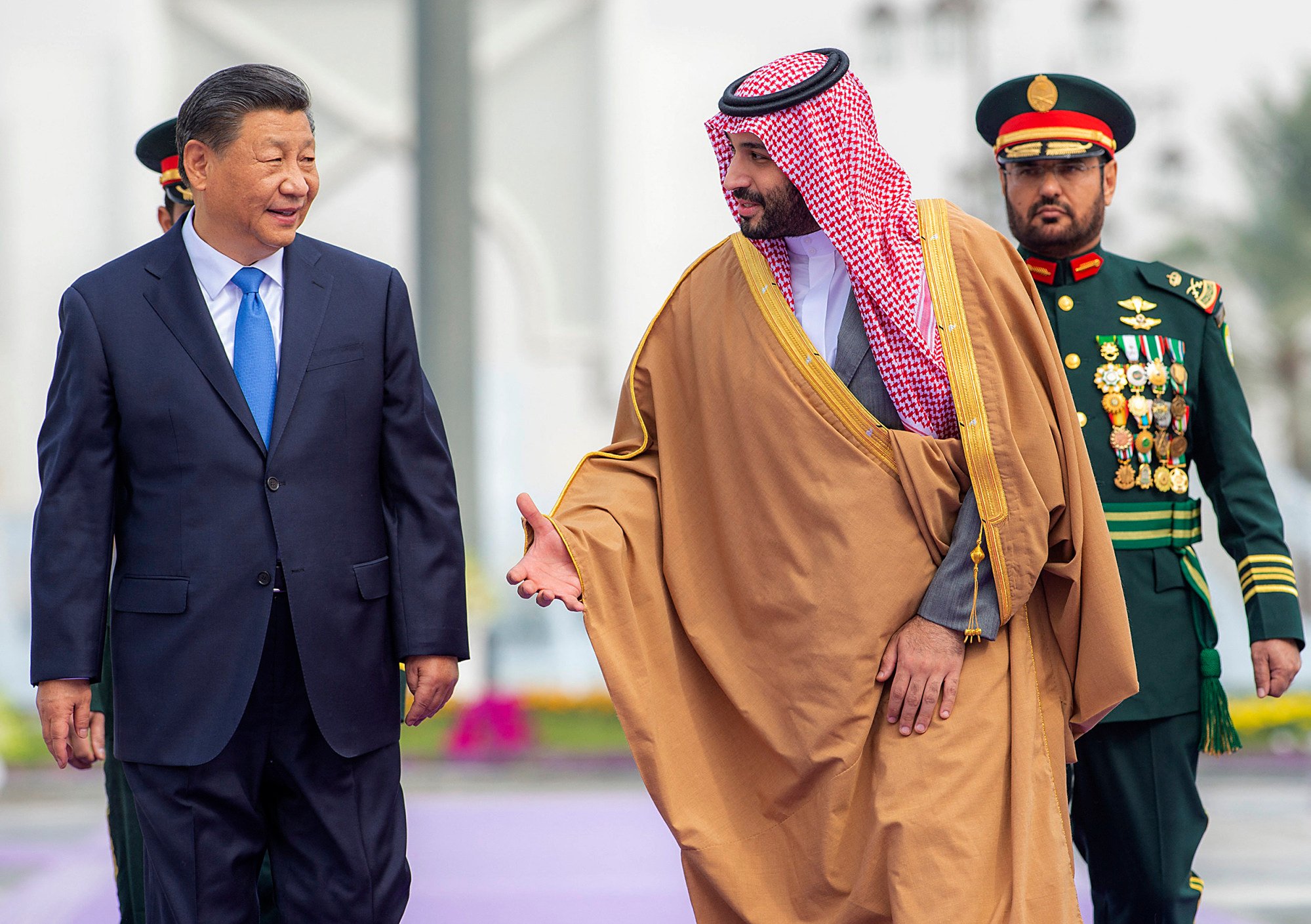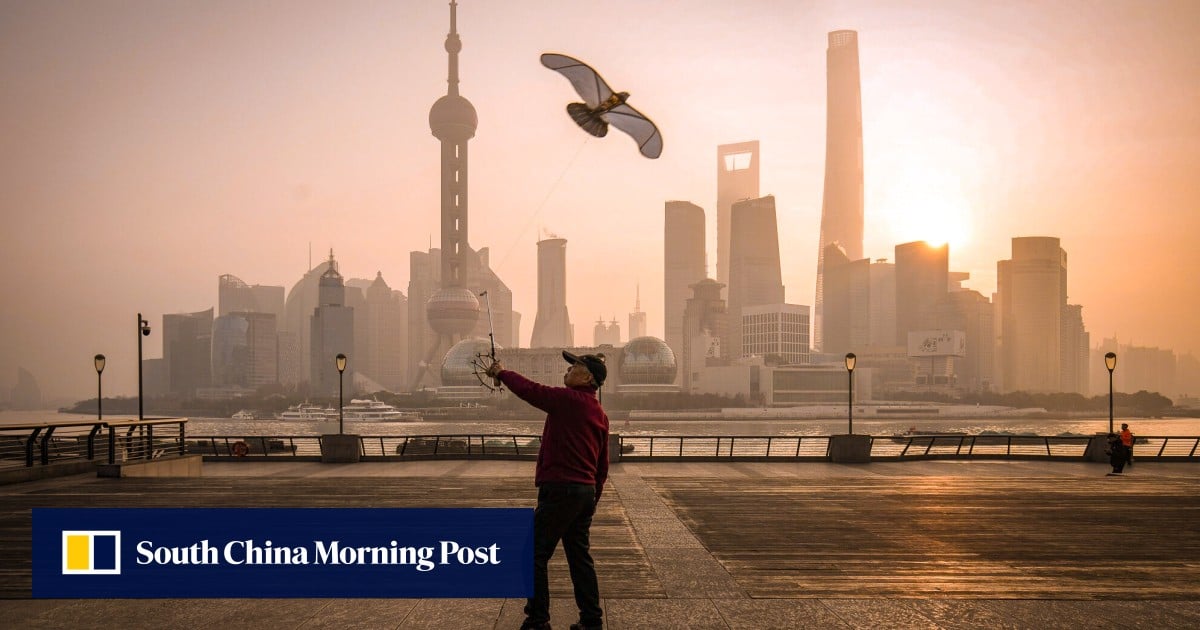
“Middle Eastern sovereign wealth funds see opportunities in the attractive valuations of Chinese companies at the moment, and in the medium to long-term they are also very bullish on China and want to strengthen ties with the country through investments,” Hoving said.
Meanwhile, investments into consumer-related segments, such as food security and electronics, will start to pick up in the second half of 2024, alongside other key industries including oil and gas, infrastructure and manufacturing, he added.
Eyeing ‘global player role’, UAE seeks closer China ties through investments
Eyeing ‘global player role’, UAE seeks closer China ties through investments
In recent years, Middle Eastern investors have been active in China’s primary and secondary markets, focusing on top performers in the technology, renewables, and biotechnology sectors, said Huang Xiaoyue, a managing director at KPMG.
“These investments are expected to not only generate considerable returns, but also introduce new technologies to the Middle East that could help upgrade local industries,” she said.
However, investing in Chinese companies comes with a host of challenges – chief among them are uncertainty around exits and market regulations.
“When the Middle East invests in China, investors want to know what their exit strategies might be in five to seven years, and there are some that say they need to get used to how that might work in China,” Hoving said.
Plus, reciprocity is required. As Middle Eastern sovereign wealth funds are actively putting money into China, they expect portfolio companies to usher in domain expertise, employ local workers and sometimes reinvest directly into local businesses.
Chinese electric-car maker Nio gets US$2.2 billion boost from Abu Dhabi
Chinese electric-car maker Nio gets US$2.2 billion boost from Abu Dhabi
“Saudi Arabia really wants foreign direct investment [FDI], and from their perspective, they want to gain exposure to emerging technologies or key assets that they might benefit from in the future,” he said. “That’s why they are open to joint ventures [with China].”
For the UAE, target areas for FDI are mainly real estate, hospitality, leisure, logistics and attracting high-net-worth individuals (HNWIs).
“The UAE government is building a lot of schools, and you see many Chinese families wanting to move to the country,” Hoving said. The country is drawing wealthy families from Western Europe, Africa, India and Pakistan as well, he added.
Living in the UAE could be “very attractive” to global HNWIs in terms of lifestyle and investments, he said. “Real estate investment is very good in Dubai. The yield on rent is still higher than in many other countries in the world, so many people see the UAE as a second home.”
To lure more professionals and capital, the UAE government relaxed its residency policy in 2022, allowing foreign nationals owning local property worth more than 2 million UAE dirhams (US$504,000) to apply for a 10-year renewable residence permit, and those owning property worth over 750,000 dirhams to apply for a two-year permit.
Hong Kong’s Archireef ties up with FAB to restore Middle East marine ecosystems
Hong Kong’s Archireef ties up with FAB to restore Middle East marine ecosystems
Similarly, Saudi Arabia added new categories to its premium residency visa this month in a bid to attract foreign professionals and investments into its local property market.
“Over the past 12 years, the use of the renminbi within the context of international trade has progressed to a decent level, and we expect this trend to continue in the future,” he said.







